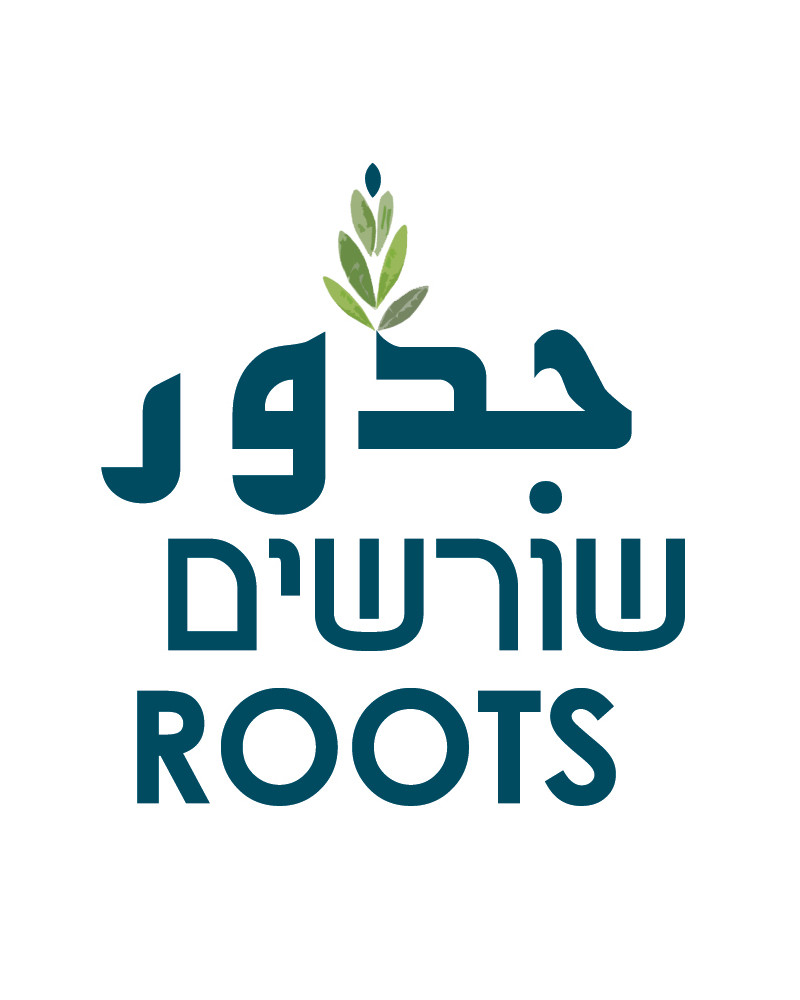Rabbi José Rolando Matalon
José Rolando Matalon, B’nai Jeshurun’s senior rabbi, was born in Buenos Aires, Argentina, and was educated in Buenos Aires, Montreal, Jerusalem, and New York City. After his ordination at the Jewish Theological Seminary in 1986, Rabbi Matalon came to BJ to share the pulpit—and vision—of his mentor and friend Rabbi Marshall T. Meyer. They worked together to revitalize the congregation and turn its focus to prayer, learning, service, social justice, and interfaith cooperation.
After Rabbi Meyer’s death in 1993, Rabbi Matalon became BJ’s spiritual leader. He was joined by Rabbi Marcelo Bronstein in 1995 and by Rabbi Felicia Sol in 2001. With the support of Hazzan Ari Priven, Rabbis Matalon and Sol now lead a vibrant, diverse community of 1,800 households.
Rabbi Matalon’s visionary leadership has had a profound impact on the revitalization of Jewish synagogue life in the US and in Israel, his involvement in the New York, Jewish, and Israeli communities is broad and deep. He has received awards from the New York Board of Rabbis, the Jewish Peace Fellowship, the New Israel Fund, and T’ruah: The Rabbinic Call for Human Rights.
Rabbi Matalon is a founding co-director of Piyut North America, a partnership between B’nai Jeshurun and Hazmanah Le-Piyut in Israel, which is dedicated to the dissemination of liturgical music from Jewish communities around the world. A student of Arabic and Turkish music, Rabbi Matalon plays the oud (Arabic lute). Rabbi Matalon is married and has two daughters.
“…This past Sunday we hosted a fascinating symposium at BJ: New Paradigms for Breaking the Impasse of the Israeli-Palestinian Conflict. Two of the presenters, Shadi Abu Awwad and Rabbi Hanan Schlesinger, represented Roots/Shorashim/Judur, an Israeli-Palestinian grassroots initiative located in the West Bank that works toward understanding, nonviolence, and transformation. Roots fosters personal and direct encounters between Palestinians and Jewish settlers, who work through deep ideological differences in order to break stereotypes and discover each other’s humanity, traumas, needs, and connection to the land. ‘Despite living so close to each other, Israelis and Palestinians in the West Bank exist in almost complete separation. … Stereotypes are generally just reinforced by exposure to only the aggression of the other, whether through media or personal experience of violence and trauma,’ reads the Roots website. One of Roots’ founders, Ali Abu Awwad, says, ‘There can be no harmony until we, Palestinians and Israelis, see the humanity of the other side’”


